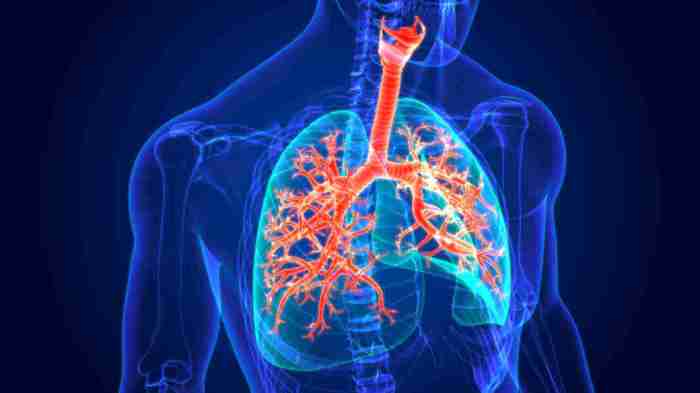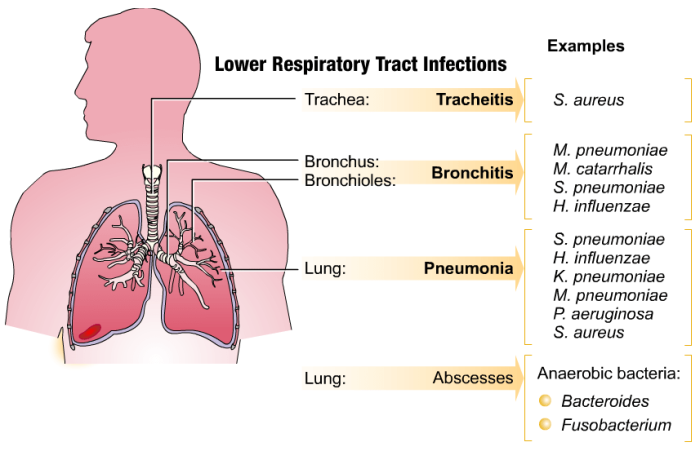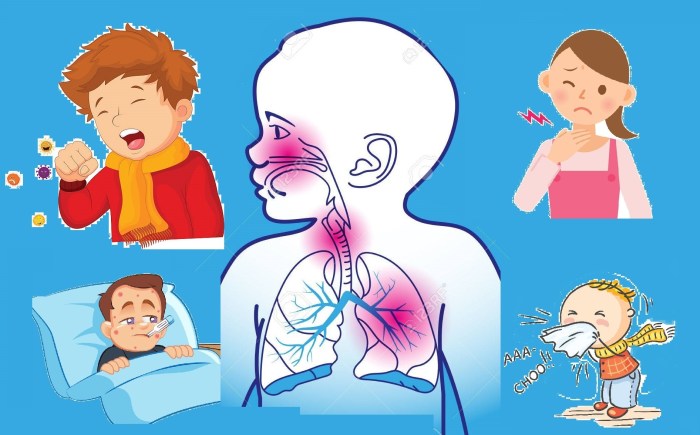The prodromal syndrome consists of all of the following except: an intriguing topic that beckons us to delve into its depths. This syndrome, a harbinger of an impending illness, presents with a constellation of symptoms that can mimic other conditions.
Recognizing and understanding the prodromal syndrome is crucial for healthcare professionals, as it can facilitate early intervention and appropriate management, potentially mitigating complications and improving patient outcomes.
In this discourse, we will explore the definition, characteristics, and differential diagnosis of the prodromal syndrome. We will also discuss its management, potential complications, and prognosis, equipping readers with a comprehensive understanding of this complex and multifaceted condition.
1. The Prodromal Syndrome
Definition and Overview

The prodromal syndrome refers to a group of nonspecific symptoms that typically precede the onset of a more severe illness. These symptoms are often mild and may be mistaken for those of a common cold or flu.
However, recognizing the prodromal syndrome is crucial in clinical practice as it can provide an early warning sign of an impending serious illness.
Typical Symptoms and Duration
The prodromal syndrome is characterized by a range of symptoms that can vary depending on the underlying cause. Common symptoms include:
- Malaise and fatigue
- Headache
- Muscle aches
- Nausea and vomiting
- Diarrhea
- Low-grade fever
The duration of the prodromal syndrome can vary from a few hours to several days.
Importance of Recognition
Recognizing the prodromal syndrome is important for several reasons:
- It can help healthcare providers identify patients who are at risk of developing a more serious illness.
- It can facilitate early diagnosis and treatment, which can improve outcomes.
- It can help patients understand the potential progression of their illness and prepare for the necessary measures.
2. Differential Diagnosis of the Prodromal Syndrome: The Prodromal Syndrome Consists Of All Of The Following Except

The prodromal syndrome can mimic a variety of common conditions, making differential diagnosis challenging. Some of the most common conditions that can present with similar symptoms include:
- Influenza
- Common cold
- Gastroenteritis
- Meningitis
- Sepsis
The following table compares the key features of the prodromal syndrome and its differential diagnoses:
| Feature | Prodromal Syndrome | Influenza | Common Cold | Gastroenteritis | Meningitis | Sepsis |
|---|---|---|---|---|---|---|
| Symptoms | Malaise, headache, muscle aches, nausea, vomiting, diarrhea, low-grade fever | Fever, cough, sore throat, runny nose, muscle aches | Runny nose, sore throat, cough, congestion | Nausea, vomiting, diarrhea, abdominal pain | Fever, headache, stiff neck, nausea, vomiting, photophobia | Fever, chills, rapid breathing, rapid heart rate, confusion |
| Duration | Hours to days | 1-2 weeks | 1-2 weeks | 1-2 days | Hours to days | Hours to days |
| Complications | Can progress to more serious illness | Pneumonia, bronchitis | Sinusitis, otitis media | Dehydration, electrolyte imbalance | Brain damage, hearing loss | Organ failure, death |
| Treatment | Supportive care, antiviral medications | Antiviral medications, rest | Rest, over-the-counter medications | Oral rehydration therapy, antiemetics | Antibiotics, corticosteroids | Antibiotics, fluids, vasopressors |
Diagnostic tests and procedures that may be used to differentiate the prodromal syndrome from other conditions include:
- Blood tests
- Urinalysis
- Chest X-ray
- Lumbar puncture
3. Management of the Prodromal Syndrome
The management of the prodromal syndrome involves:
General Principles
- Rest and fluids
- Over-the-counter pain relievers and fever reducers
- Antiviral medications, if indicated
- Close monitoring for signs of progression
Specific Treatments
In some cases, specific treatments may be necessary to address the underlying cause of the prodromal syndrome. For example:
- Antibiotics for bacterial infections
- Corticosteroids for inflammatory conditions
- Antiemetics for nausea and vomiting
Patient Education and Support, The prodromal syndrome consists of all of the following except
Patient education and support play a crucial role in managing the prodromal syndrome. Patients should be informed about:
- The potential progression of their illness
- The importance of rest and hydration
- When to seek medical attention
- Available support resources
4. Complications of the Prodromal Syndrome
The prodromal syndrome can lead to a range of complications, including:
- Pneumonia
- Bronchitis
- Sinusitis
- Otitis media
- Dehydration
- Electrolyte imbalance
- Brain damage
- Hearing loss
- Organ failure
- Death
The mechanisms and risk factors associated with these complications vary depending on the underlying cause of the prodromal syndrome. For example, pneumonia is a common complication of influenza, particularly in the elderly and those with chronic respiratory conditions.
Early intervention and monitoring are essential to prevent or mitigate complications. Patients should be advised to seek medical attention promptly if they experience any of the following symptoms:
- High fever
- Severe headache
- Stiff neck
- Confusion
- Shortness of breath
- Chest pain
- Persistent vomiting or diarrhea
5. Prognosis of the Prodromal Syndrome

The prognosis of the prodromal syndrome depends on the underlying cause and severity of symptoms. In most cases, the symptoms resolve within a few days without any complications. However, in some cases, the prodromal syndrome can progress to a more serious illness.
Factors that can influence the prognosis include:
- Age
- Underlying health conditions
- Severity of symptoms
- Timeliness of treatment
Patients should be counseled about the expected outcomes and potential risks based on their individual circumstances.
FAQ Compilation
What are the common symptoms of the prodromal syndrome?
The prodromal syndrome typically presents with a combination of symptoms, including fatigue, headache, muscle aches, sore throat, and mild fever.
How long does the prodromal syndrome usually last?
The duration of the prodromal syndrome can vary, but it typically lasts for a few days to a week.
What is the importance of recognizing the prodromal syndrome?
Recognizing the prodromal syndrome is important because it can help healthcare professionals identify and treat the underlying illness early on, potentially preventing complications and improving patient outcomes.